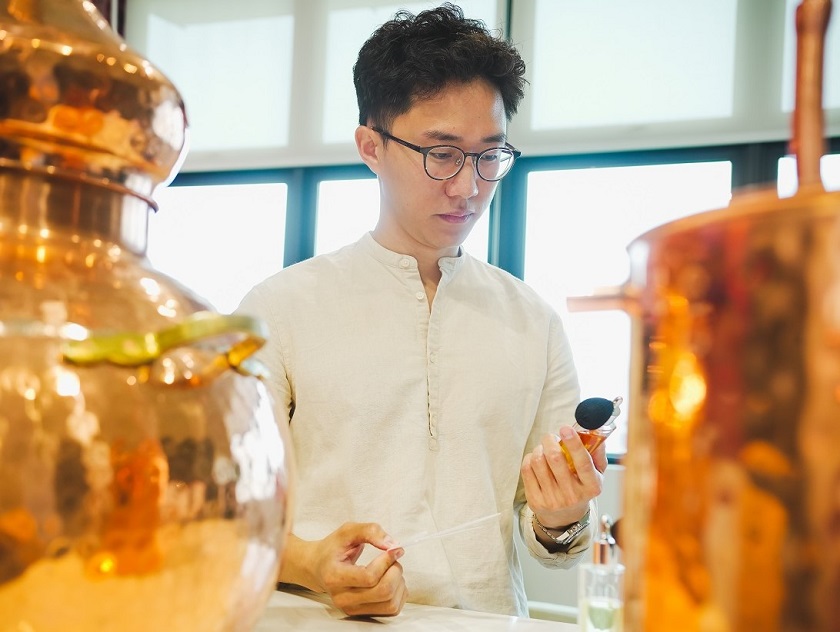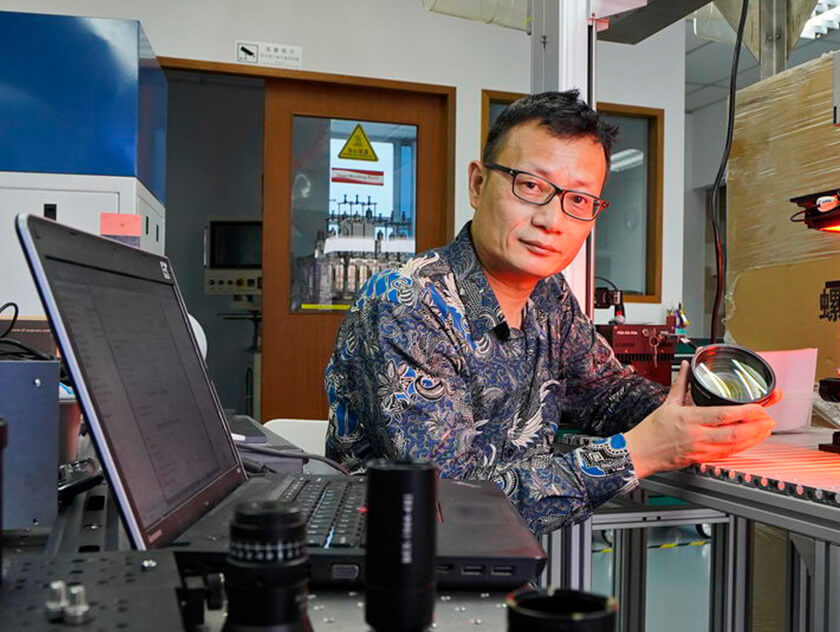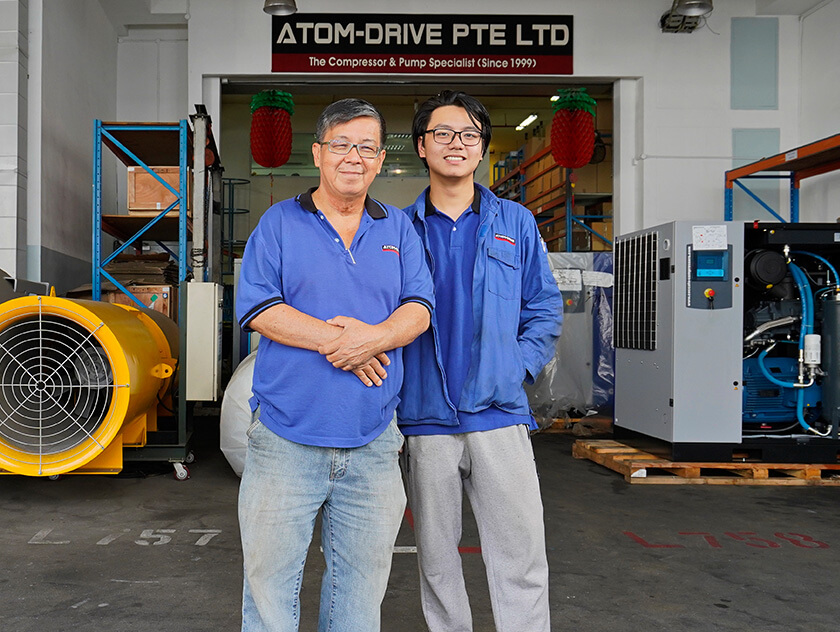This is a problem that e-commerce logistics and delivery platform ACE Power aims to solve for their customers. They are looking at a simple solution – designing a see-through window for the product packaging. This allows delivery staff to check if there are missing or damaged items, so that they do not deliver faulty items to customers.
This solution also eliminates questions about each party’s integrity if there are missing items, as customers can check the condition of the items without breaking the seal.
The idea was proposed to the local small and medium-sized enterprise (SME) as part of a Temasek Polytechnic's (TP) innovation programme, INNOVA. A team of TP student participants, who were assigned to work with ACE Power, generated ideas, redesigned the parcel and built a prototype for the company to tackle their problem.
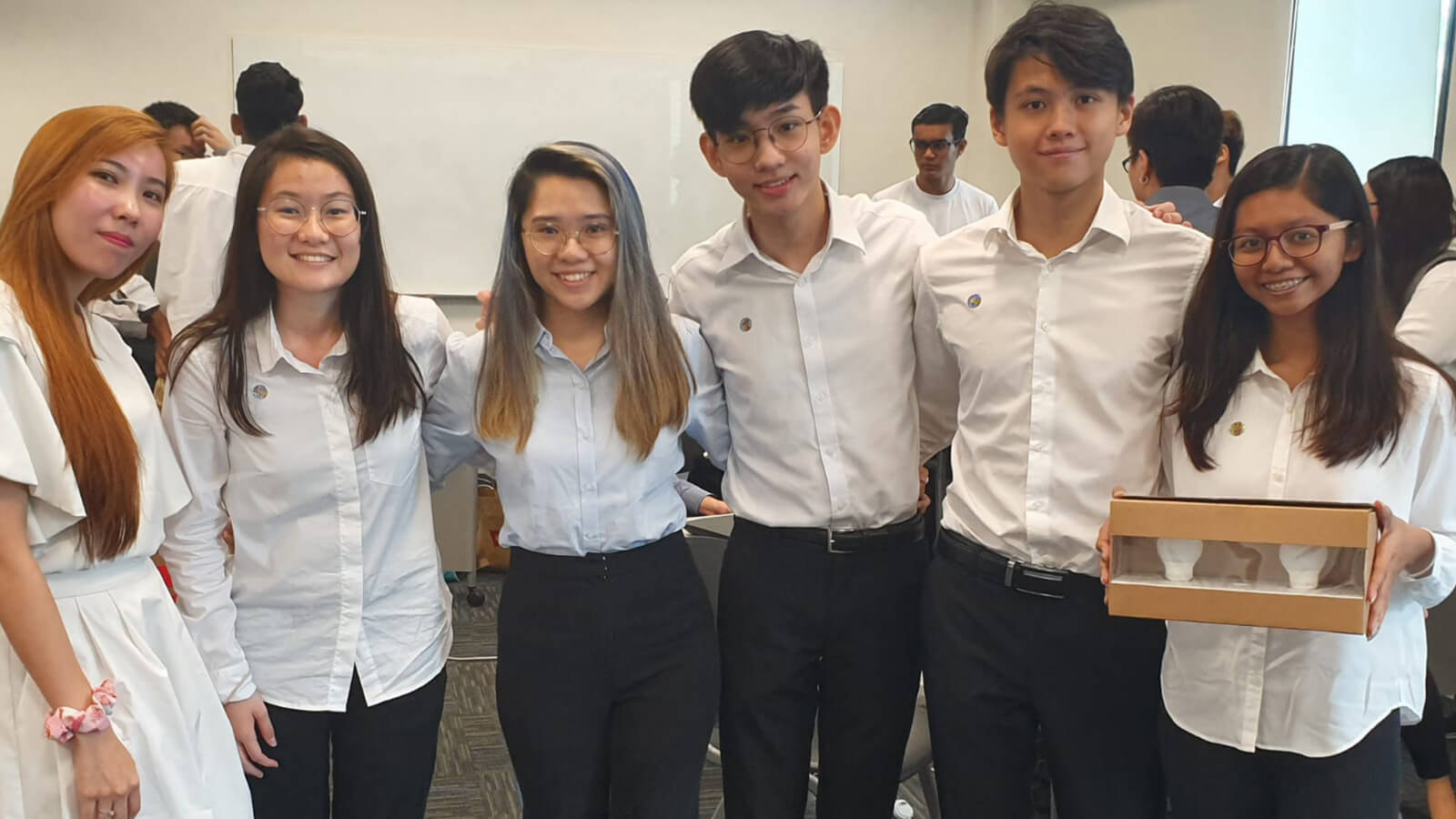
From May 2019, around 450 TP student participants spent three months working on real-life industrial problems faced by companies from the Tampines Small and Medium Enterprises Association (TSMEA), located at JTC’s Tampines Industrial Park A. “We initiated this collaboration to give students more industry exposure,” says Mr Freddy Teo, TP’s Senior Manager for Academic Development, Innovation and Entrepreneurship.
“During the first run of the INNOVA programme, we saw that our students had lots of unique and creative ideas. But they were only solving problems personal to them. As a natural extension of the programme, we decided to collaborate with the industry,” he explains.
Considering the proximity of TP and Tampines Industrial Park A, JTC brought TP and TSMEA together for the programme. This allowed TP to reach out to new companies through TSMEA’s network of SMEs, beyond their regular pool of industry networks, says Mr Teo.
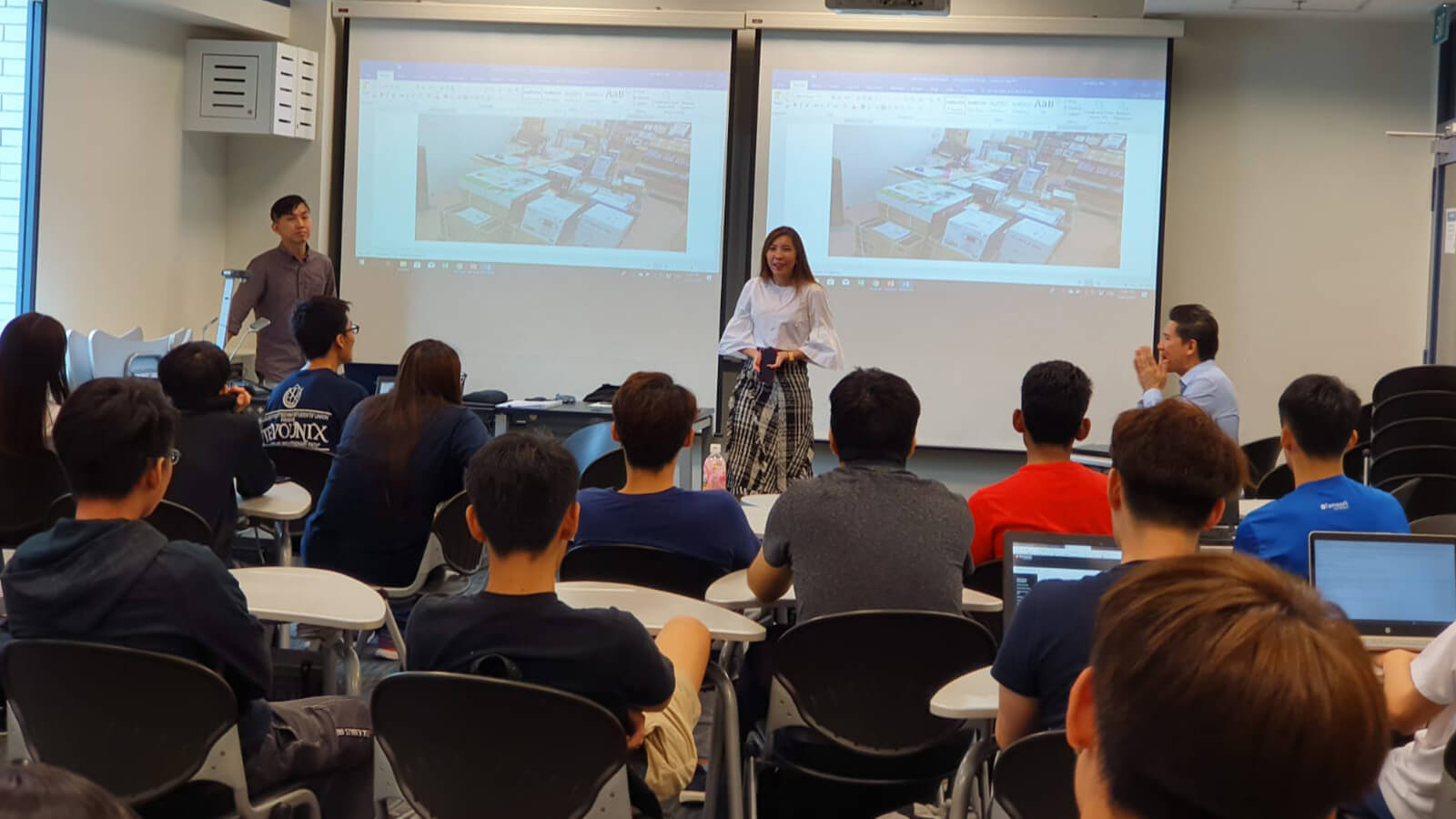
Six companies from TSMEA were invited to present their problem statements and business profiles to the participating students. With guidance from their facilitators, the student teams applied their knowledge of various frameworks to develop solutions for industry problems. The student teams then presented their proposals to the respective companies for assessment and consideration.
“This collaboration between JTC and TP supports industry innovation and provides opportunities for SMEs to tap our students’ creativity to solve their existing problems,” says Mr Samuel Ang, TP’s Director of Innovation and Entrepreneurship.
While the students were matched to the companies based on their domain of study, they can suggest solutions best suited for the company regardless of their specialisation. For example, the parcel for ACE Power was redesigned by Information Technology (IT) students.
Another group of IT students came up with the idea of an auto-lifting trolley to prevent injuries for staff from logistics company Pharma Express. Delivery staff are susceptible to back injuries when loading or unloading heavy goods onto vehicles, so the students designed a trolley with a scissors lift and conveyor belt to automate the process.
Such solutions are a win-win for everyone involved.
Says Pharma Express Managing Director, Mr Charles Loh, “We support this hackathon as we find it meaningful to help the students explore industrial issues. At the same time, we are able to get ideas or solutions to our current issues.”
Indeed, the programme exposed the student participants to different industries, from facilities management to digital media. One team even had the opportunity to visit a company’s premises to learn first-hand about their challenges.
“The students value the feedback from the industry partners because they start to think broader and deeper about the constraints of different industries,” shares Mr Teo. In the future, TP hopes to work with JTC and TSMEA to expand the programme to benefit more students and industry partners.
For ACE Power, their director Ms Elaine Lai was so impressed with the students’ idea that she took their prototype to China to check the manufacturing cost. If the cost is reasonable, ACE Power plans to adopt and introduce this design, she says.
